EU referendum: Remain and Leave intensify push for votes
- Published
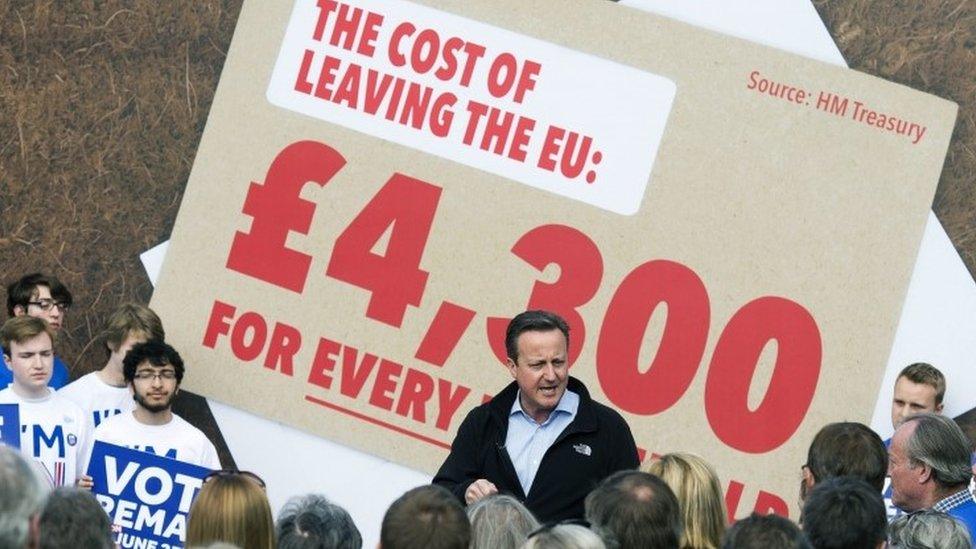
Mr Cameron was campaigning in his Witney constituency
The EU referendum campaign is moving up a gear this weekend as campaigners from both sides of the debate take to the streets to try to win over voters.
PM David Cameron warned that leaving the EU would have a "devastating impact" on infrastructure projects.
Billions in funding would be lost, he said in a speech in his constituency.
Vote Leave's Boris Johnson, in Bristol, said the UK should leave because the EU has changed "out of all recognition from what we signed up for".
Grassroots Out, which is also calling for the UK to leave the EU, is holding a series of nationwide events on Saturday, while the official Britain Stronger In Europe campaign said it was putting on about 1,000 events across the UK.
Labour leader Jeremy Corbyn encouraged his supporters at a rally in London to vote Remain, saying it was "not the European Union that's the problem - it's the Conservative government".
The referendum takes place on 23 June, when voters in the UK will be asked whether they want the country to stay in or to leave the European Union.
With less than six weeks to go until the vote, and with the polls putting Remain and Leave at roughly 50-50, both sides have all to play for.
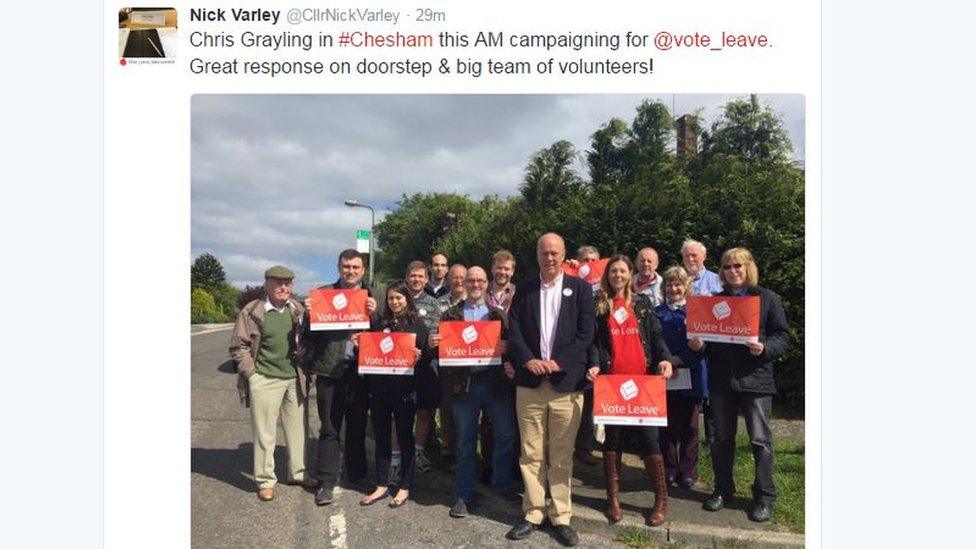
The leader of the House of Commons, the Conservative Chris Grayling, has been campaigning in Buckinghamshire
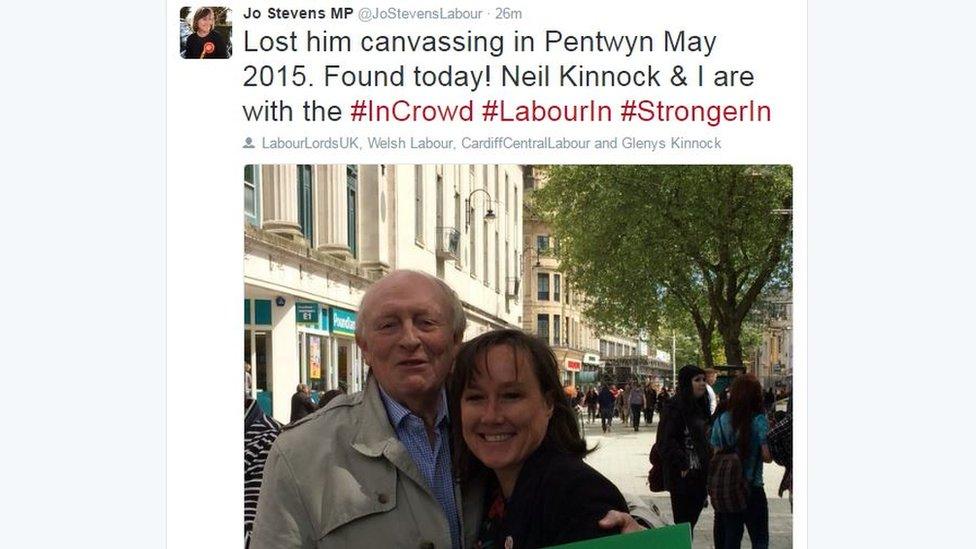
Labour MP for Cardiff Central, Jo Stevens, is canvassing in the city for the Remain team with former Labour leader Neil Kinnock
Campaigning in his Oxfordshire constituency, Mr Cameron said: "Vital projects across every region of the UK have been financed by the EIB [European Investment Bank].
"Not only would leaving the EU see us wave goodbye to this crucial funding - but, with a smaller economy hit by new trading barriers and job losses, it's unlikely we'd be able to find that money from alternative sources."
Mr Cameron said projects that had benefited from such funding included new trains for the East Coast Main Line, the M8 motorway extension between Edinburgh and Glasgow and the expansion of research and teaching facilities at Oxford University.
Families 'would prosper'
The prime minister also unveiled a poster, which depicted an envelope on a doormat with wording saying an EU exit would cost the equivalent of "£4,300 for every household".
The designated out campaign, Vote Leave, has accused Mr Cameron of "failing to be honest" with voters, saying the cost of staying in is "£4,600" per household, as membership costs "£50m" a day.
"David Cameron knows that not a single British family would lose that amount of money if we Vote Leave. In fact they would prosper as we spend our money on our priorities," said Vote Leave chief executive Matthew Elliott.
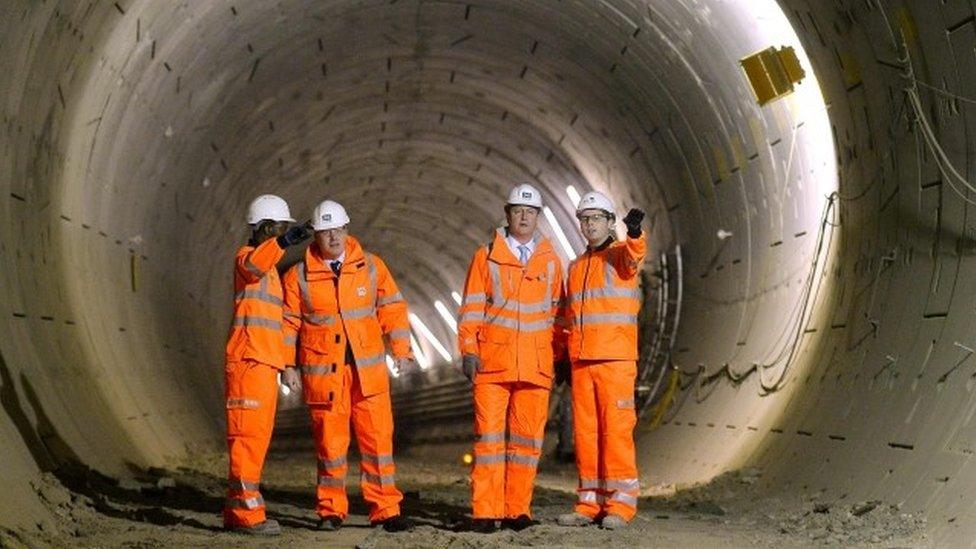
Mr Cameron (second from right) says Brexit would be devastating for infrastructure spending; Mr Johnson (second from left) disagrees
In his speech, Mr Johnson said the UK's "aborted" negotiations with the EU showed it was "going in completely the wrong direction".
"All our attempts at reform are hopeless unless we vote to leave," he added. "To those who say we can't do it, we can't survive on our own, I say 'yes we can' because we are the fifth biggest economy in the world.
"This chance will not come again. This is the moment when we all have one equal vote, when everyone in this country can speak truth to power. And that truth is that we are better, braver, stronger and greater than those on the Remain side are currently saying that we are."
'Work within Europe'
At a rally in London, Mr Corbyn - regarded as his party's most Eurosceptic leader in a generation - attacked the Conservative government as he sought to rally support for a Remain vote on 23 June.
The Labour leader - who has been encouraged by some in the party to take a more prominent role in the campaign - said: "There is so much more the European Union could be doing if we had a government making the right choices and with the right priorities.
"That is why we are voting to remain and reform, to work within Europe to improve people's lives here in Britain - the Tories are doing the opposite."
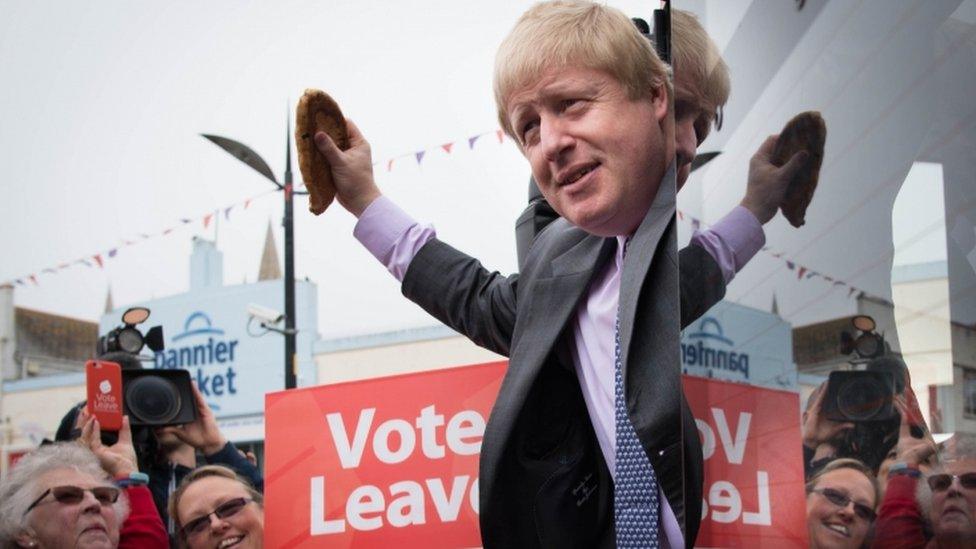
Mr Johnson kicked off Vote Leave's EU referendum battle bus tour earlier this week
The cross-party Grassroots Out group - which lost to Vote Leave in its bid for the official campaign designation - held a series of events including a rally in Chester addressed by former Conservative cabinet minister Owen Paterson and UKIP migration spokesman Steven Woolfe.
Mr Paterson said a vote to leave on 23 June would be the "safer choice".
"If we vote to remain, we will be consigning ourselves to being a colony of an EU super state, with more integration and increasingly diminished British influence," he said.
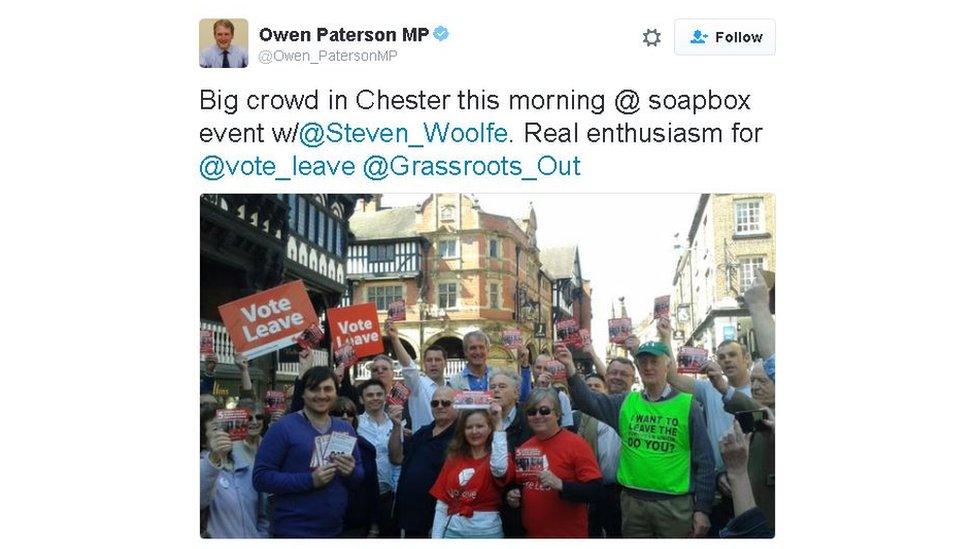
Lib Dem leader Tim Farron and Green MP Caroline Lucas were among the politicians taking part in the pro-Remain events.
BBC political correspondent Iain Watson said Mr Cameron "seems to have more in common with them than with people in his own party".
Our correspondent said internal Tory divisions over the EU were "becoming increasingly bitter" and party unity would be "a challenge, win or lose" after the referendum.
Meanwhile, left-wing filmmaker Ken Loach has become the latest figure from the arts to express a view on the referendum, saying: "The EU, as it stands, is a neo-liberal project. How do we fight it best, within or without?
"On balance, I think we fight it better within and we make alliances with other European left movements. But it's a dangerous, dangerous moment."
- Published13 May 2016
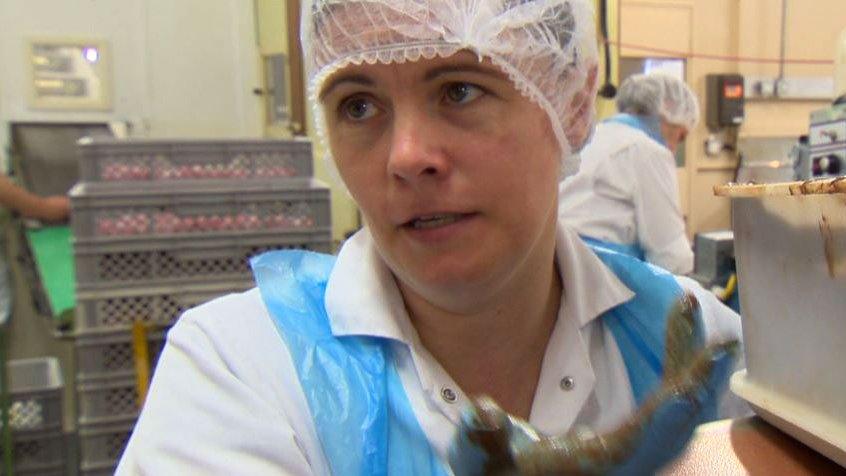
- Published10 May 2016
- Published5 May 2016
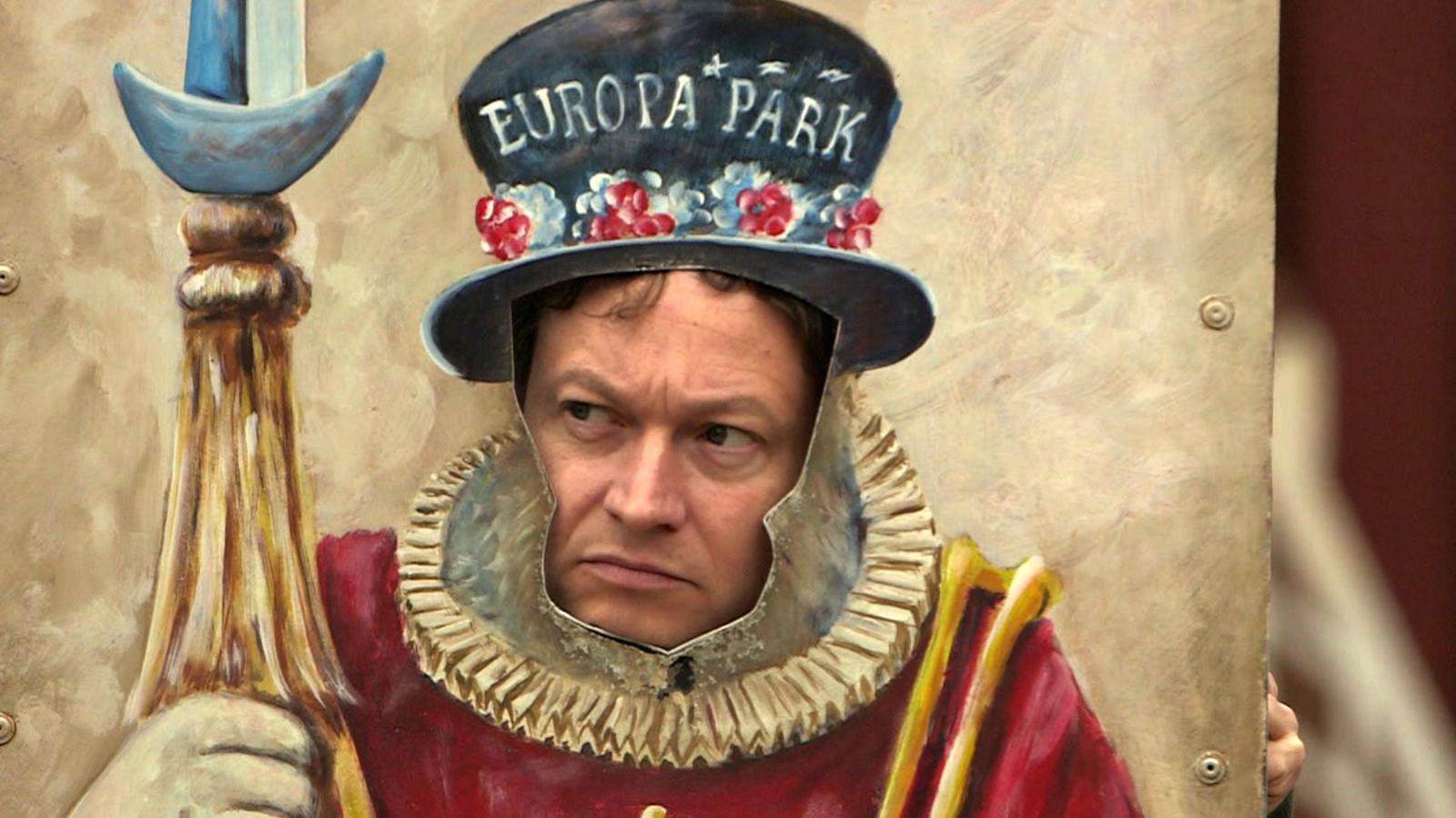
- Published21 April 2016
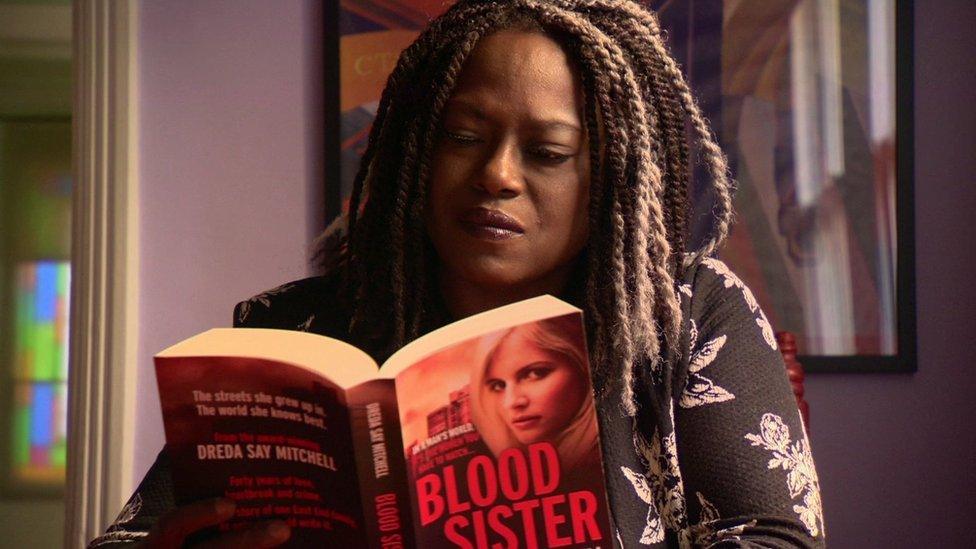
- Published10 May 2016